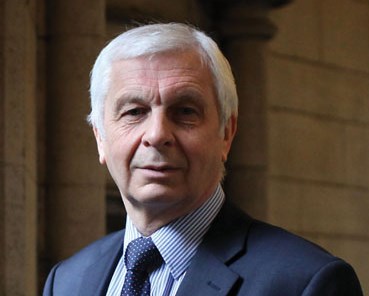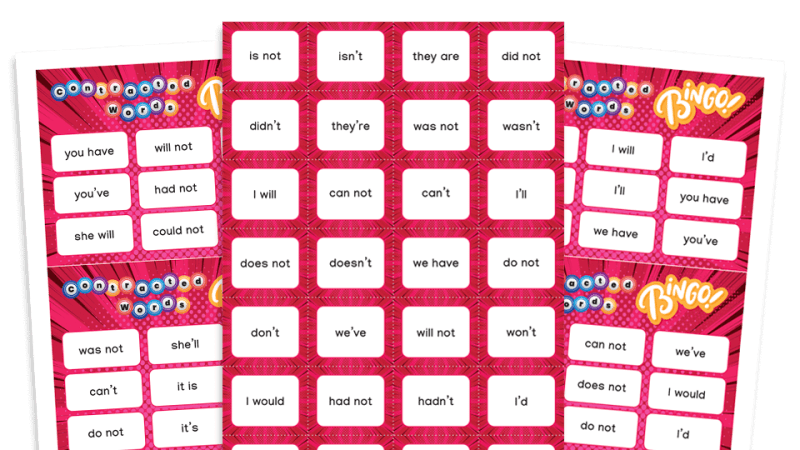Teaching Fads Come In Waves, But Sometimes It’s The Quieter Trends That Are Worth Holding On To

The next big thing in education is often quickly and easily replaced, but if an initiative lingers and builds over time it might just have something to it

- by Mick Waters

I have lost count of the number of teaching and learning initiatives that have swept through primary schools over the years.
In the search for the magic bullet for children’s learning, new approaches spring up everywhere. They usually have root in theory but the ‘top line’ of the practice is what spreads. Things come through ‘on the wave’ and create a massive splash in the school system.
Depending on your age, you might remember de Bono’s Six Thinking Hats, Brain Gym or learning styles, all of which have a validity based in neuroscience, but ended up as a trend. I recall a phase a few years ago, when children in many schools were carrying water bottles so that they could ‘hydrate’ regularly to increase brain stimulation.
Not long after, this trend had passed as teachers became fed up with wet maths books and concluded that shrivelled brains and dry books were probably easier. Once the wave has receded, rock pools of practice continue. We continue to see some teachers using these sorts of approaches, often very well, since their reasons for adopting the practice was better understood at the outset.
Sometimes, the source of the wave is ‘official’; the trend towards writing lesson objectives came from the national strategies. Using plenaries came from Ofsted describing the way so called ‘outstanding’ schools ended teaching sessions.
Almost instantly, teachers were asking children what they had been doing for the last half an hour, with pupils thinking their teacher had developed short-term memory loss. Now that Ofsted refers less to plenaries in reports, their prevalence in lessons has reduced, but in their stead has come marking with many coloured pens. Learning objectives remain as a practice, even though many children struggle to read them, let alone understand them.
There are three significant developments that have become prevalent without a wave. They have grown gradually over a long time from small beginnings and have spread through the system without propulsion from central government or the inspection regime.
One is forest schools; there has been no government initiative, yet school after school has gradually started to see the benefit of exposing children to learning experiences which make maximum benefit from being outdoors, near trees, however scant the ‘forest’ may be.
A second development that has sustained itself and grown is ‘mantle of the expert’, a process that gives young children’s learning impetus because they have what they see as a real purpose and audience within the context of a dramatic construct.
Over the years, teachers have worked together to shape their serious understanding of processes and practices, initially encouraged by the late Dorothy Heathcote, though always without become dependent.
A third example of classroom practice that has gradually extended its reach is Philosophy for Children, often called P4C. Here, children come to terms with intellectual constructs – they think through really big ideas and questions and challenge themselves and others within a set of working protocols.
P4C began in the early 1960s with research focusing on children’s capacity for profound thought and expression. The example practices of P4C encourage consideration of logical problems as well as the complex interrelated issues and some perspectives on mature themes that affect us all in a changing world.
All three of these developments have become embedded in a significant number of primary schools. They have lasted the course because the teachers involved have committed to deep understanding, rather than being busy on the top of a wave.
Teachers have engaged in extended training, led by the organisations themselves. They have made a deeper analysis of impact and worked with like-minded communities over time to challenge their own thinking and approach. Just recently there has been attention on schools which have seen big increases in literacy and numeracy attainment using these approaches. It would be a pity if the integrity of the approaches was compromised because of the potential to keep the wolf of accountability from the door.
These practices are valuable in their own right and the bait of SATs results is not necessary. They all have websites and are worth considering for the long-term educational benefits. Then again, the last thing any of them needs is to be swept along on a new wave.
Mick Waters is Professor of Education at Wolverhampton University and a patron of SAPERE, the parent organisation of Philosophy for Children.











